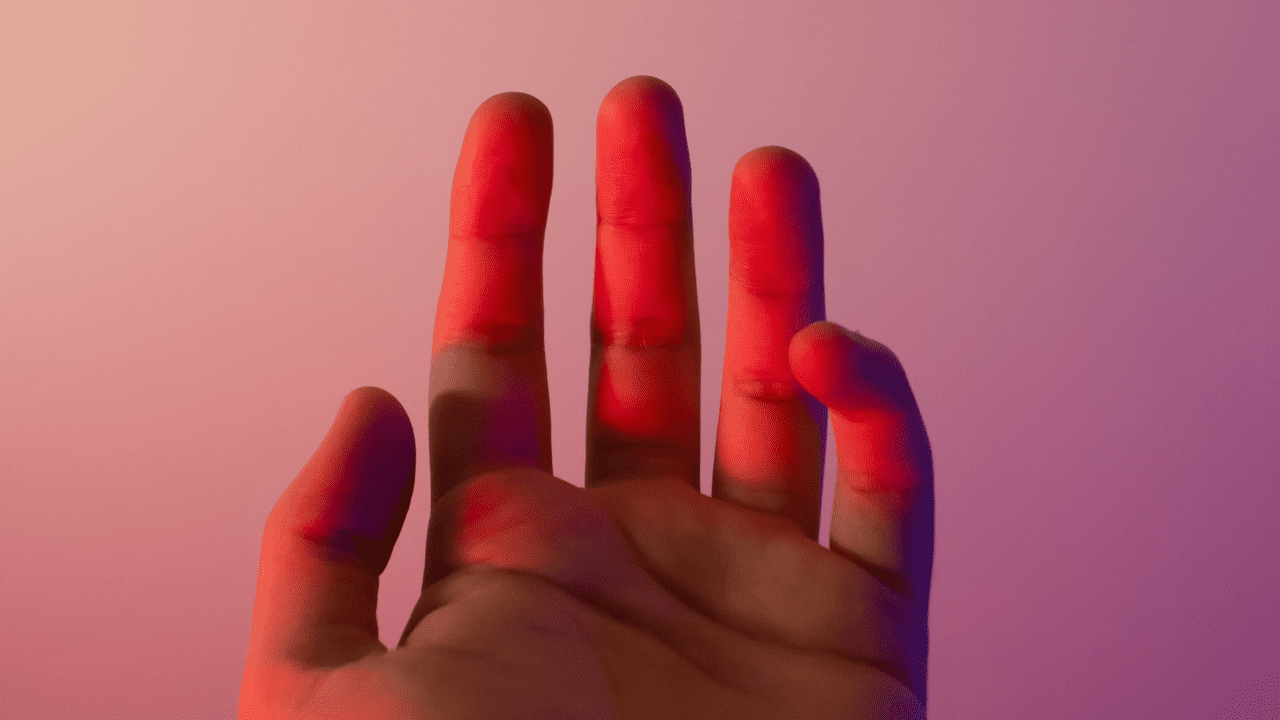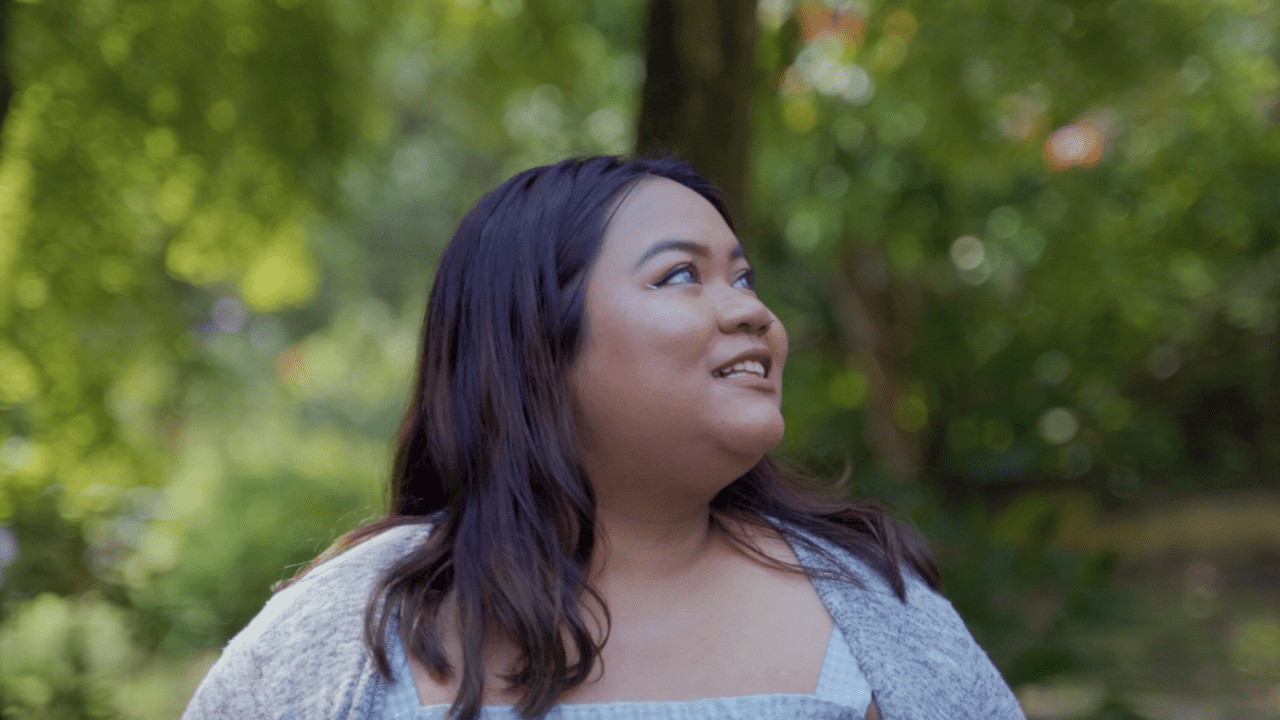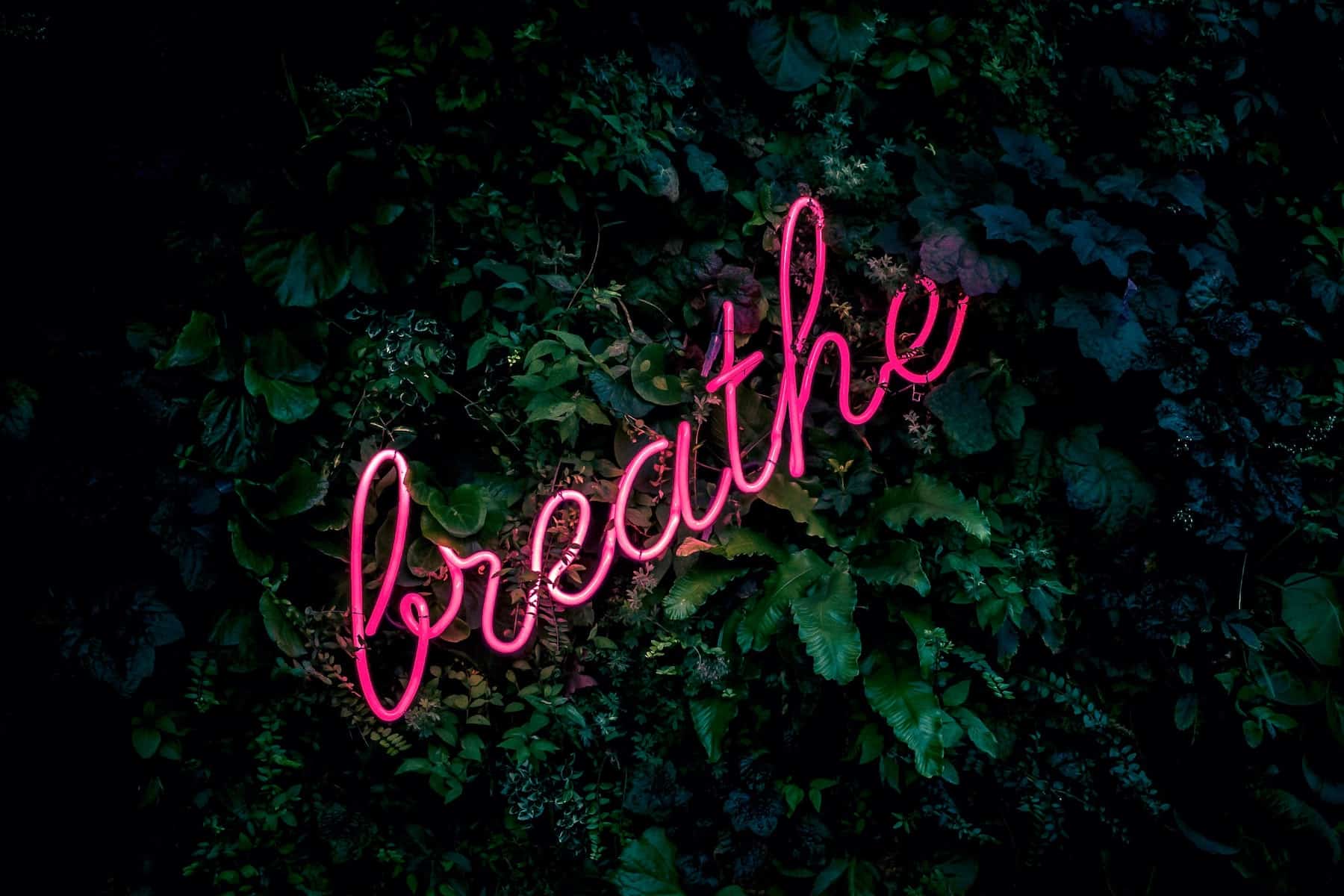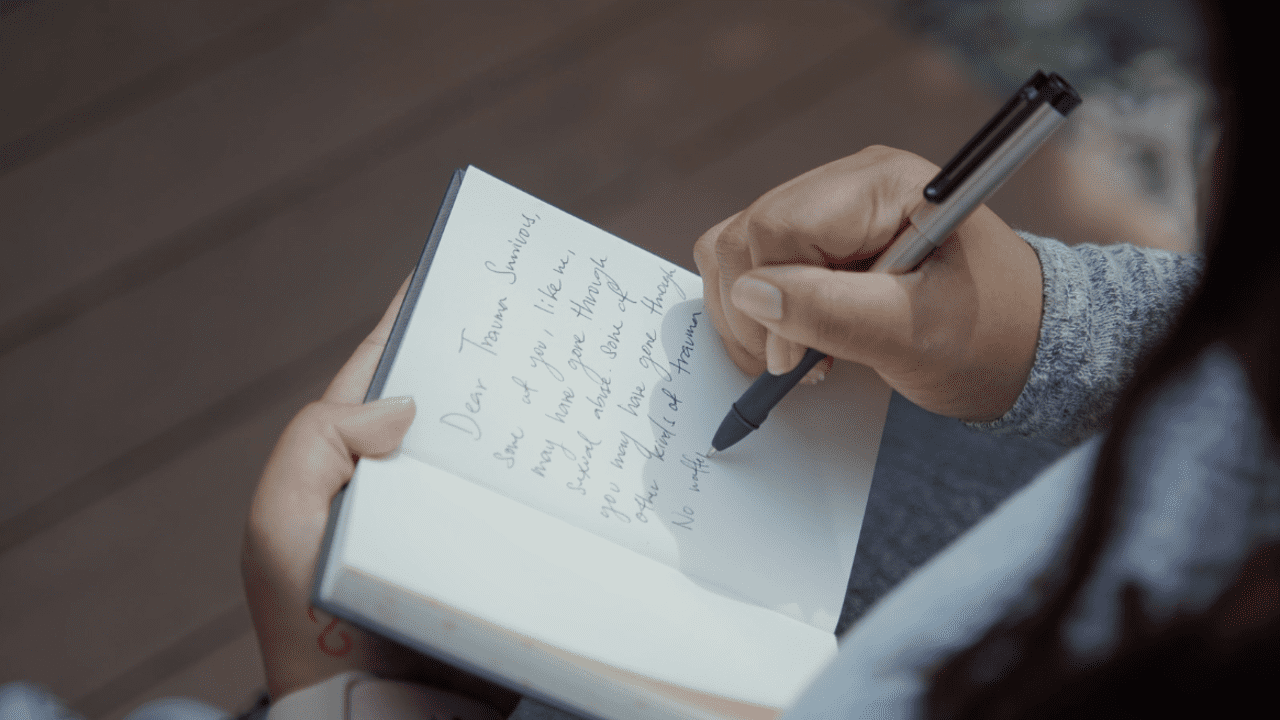She wants trauma survivors to be seen and heard
Natasha is a trauma survivor. She has been supported by HCSA Dayspring Residential Treatment Centre in her healing journey. Today, she is an early childhood educator. Here, she shares her life story, a letter to trauma survivors and tips for self-care.

It began when she was just five years old. At different occasions around this age, Natasha’s grandfather and three cousins sexually abused her. She tried to tell family members: her mother, her uncle. They didn’t believe her. Only her best friend did.
“The abuse is already traumatising. To not be believed, to not be helped – and in fact, doubted – by family members makes the trauma more unbearable,” says Natasha.
Years later, at 16 years old, the trauma deepened. It was during Hari Raya. Natasha’s mother brought her to the house of one of the abusers without telling her. She told Natasha to apologise to the aunt – the mother of two of the cousins.
This caused deep confusion in Natasha. She thought to herself: I thought I’d only have to say sorry when I’m in the wrong. Was I in the wrong? Why should I say sorry when they touched me and caused this pain?
Natasha stood in the house crying as the aunt denied her truth and kept saying how the cousins had treated her like one of their own. She remembers screaming into her own head: How can they think anyone would be lying about such deep pain? Why am I suffering while they are living their life?
Between Self-Harm and Survival

From the age of 14, Natasha started self-harming. She used it to manage emotions that she was not ready to deal with: the pain was a way of suppressing or distracting herself from distress.
At the same time, she was very active at youth centres, where she spent her hours after school. She was a youth volunteer and leader.
Behind the scenes though, her self-harming intensified over the next few years. She punished herself hard, so that instead of going through her sufferings emotionally, she would feel them physically.
“It got to a point where, even on normal days, I would do it just to feel something. Then, when cutting wasn’t ‘enough’ anymore, I turned to sleeping pills, which led to my first suicide attempt.”
Still, she had a strong will to survive.
She didn’t know what counselling was back then, but when she saw someone at the youth centre starting to attend it, she decided to try it too.
Meanwhile, after her suicide attempt failed, a psychiatrist confirmed that home wasn’t safe for her. Natasha was placed in a children’s home before entering Dayspring Residential Treatment Centre at age 17.
Healing at Dayspring

Two aspects of Dayspring’s care helped Natasha in her healing journey: family and routine.
“I was close to some of the staff, whom I could talk to. We shared a level of understanding. They showed me what love might feel like from people who should love you: family. They helped me to figure out why I am the way I am. They helped me through different ways to improve my family situation.”
Life in Dayspring had a calming rhythm: Natasha would wake up for breakfast; engage in daily activities like reading, listening to music and housekeeping depending on the therapy phase she was in; attend evening group sessions such as Mindfulness Monday or Saturday Movie Nights; and then lights-out was at 10 PM.
“Over a year, with this routine, I slowly built a sense of control over my own life. The holiday activities were also memorable – we were exposed to different types of healing modes such as equine therapy, pet therapy and art therapy.”
Making a Difference, One Child at a Time
Having had a difficult childhood coupled with years of experience in youth leadership, Natasha now wants to help children to be seen, heard and respected.
She is currently an early childhood educator, and her senses are particularly attuned to vulnerable or hurting children.
“I’m still recovering from trauma, but having survived it, I want to live and thrive and make a difference in people’s lives. What does it mean to thrive? For me, it means living the life I want, being free from my past, doing the things on my bucket list such as travelling, and helping people. Just surviving is not enough. I want to envision my own future and work towards it. That’s what it is to really live.”
5 Self-Care Tips

- When Natasha feels her trauma returning, she seeks help from her therapist or trauma psychiatrist. Recovery, like grieving, is an evolving process.
“No one can help you except yourself. Acknowledging that you need help and reaching out is the first step. Don’t be afraid, take baby steps. Getting help screams courage: it takes a lot to acknowledge that we do need a hand to figure things out.” - Trauma survivors can be hard on themselves. Natasha uses logical reasoning to remind herself about self-compassion
“I remind myself that I need to be kinder to myself and to breathe. Being kind means trying again when you relapse or spiral down. We are human. We make mistakes, we learn from them. No one can love you until you learn to love yourself.” - Natasha treats herself to the simple things she enjoys, such as music, facial masks, dramas, spa days and the occasional shopping spree.
“Buy that thing you’ve been wanting because nobody will do that for you. Know that you’re fully capable of treating yourself because you CAN and you deserve it! You are worthy. Motivate yourself to go further after coming so far.” - To make life meaningful, Natasha knows what keeps her going: it’s her niece, whom she focuses on to motivate herself.
“Discover your life purpose. Can’t find one? Keep looking, there is no timeline to this. Or make one. Hang on to something that makes you endure – always, always hang on to this before giving up.” - Natasha is realistic about life: she understands that there are good and bad days.
“On a bad day, let yourself feel it for a few hours. Take a rest but don’t ever quit even if it’s tempting! Know that nobody really wants to die. We just don’t want the pain. What eases the pain? That’s something you must find out to empower yourself.”

Letter to Trauma Survivors
Dear Trauma Survivors,
Some of you, like me,
may have gone through
sexual abuse.
Some of you may have
gone through other
kinds of trauma.
No matter your
gender or age,
this is what
I would like to say to you.
We should be heard
There is a reason
why we have a voice.
Don’t let others
treat it like a toy.
Having a voice doesn’t mean
that we have
overcome everything.
Having a voice means
healing, bonding, expressing.
Our words and stories
must be taken seriously.
A voice is also a privilege;
so don’t ever take it lightly.
Our trauma is not a stigma
I wanna say sorry:
abuse shouldn’t happen
to anyone really,
no matter who you are,
what you do,
or even what you wear.
We’re not alone
in our suffering.
Don’t be afraid,
come out of hiding.
Because we need to be
seen, included in society,
for we have important stories
for humanity.
We have our boundaries
We are protective of ourselves.
We want to be safe
rather than sorry.
If others tell us
to go with the flow,
we check our life experiences
before we follow.
We don’t let others,
especially men,
tell us what to do and when.
We are the drivers
of our present and future
Sometimes the fears
appear right in front;
it feels like the abuse
happened just last month.
In reality, we’ve come so far,
now we’re actually
driving the car.
The past is just where we were,
it isn’t the present or the future.
We did it. We survived.
Let’s now live and thrive.
Yours Truly,
Natasha

